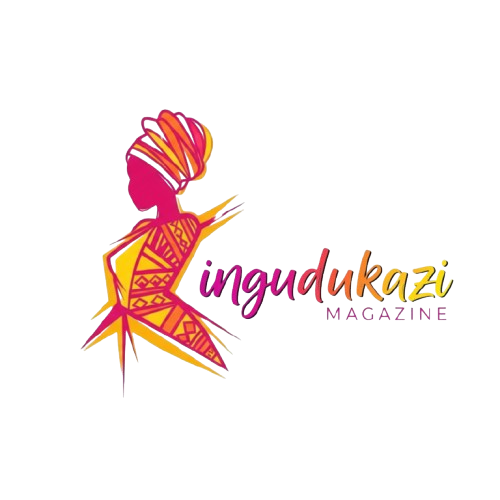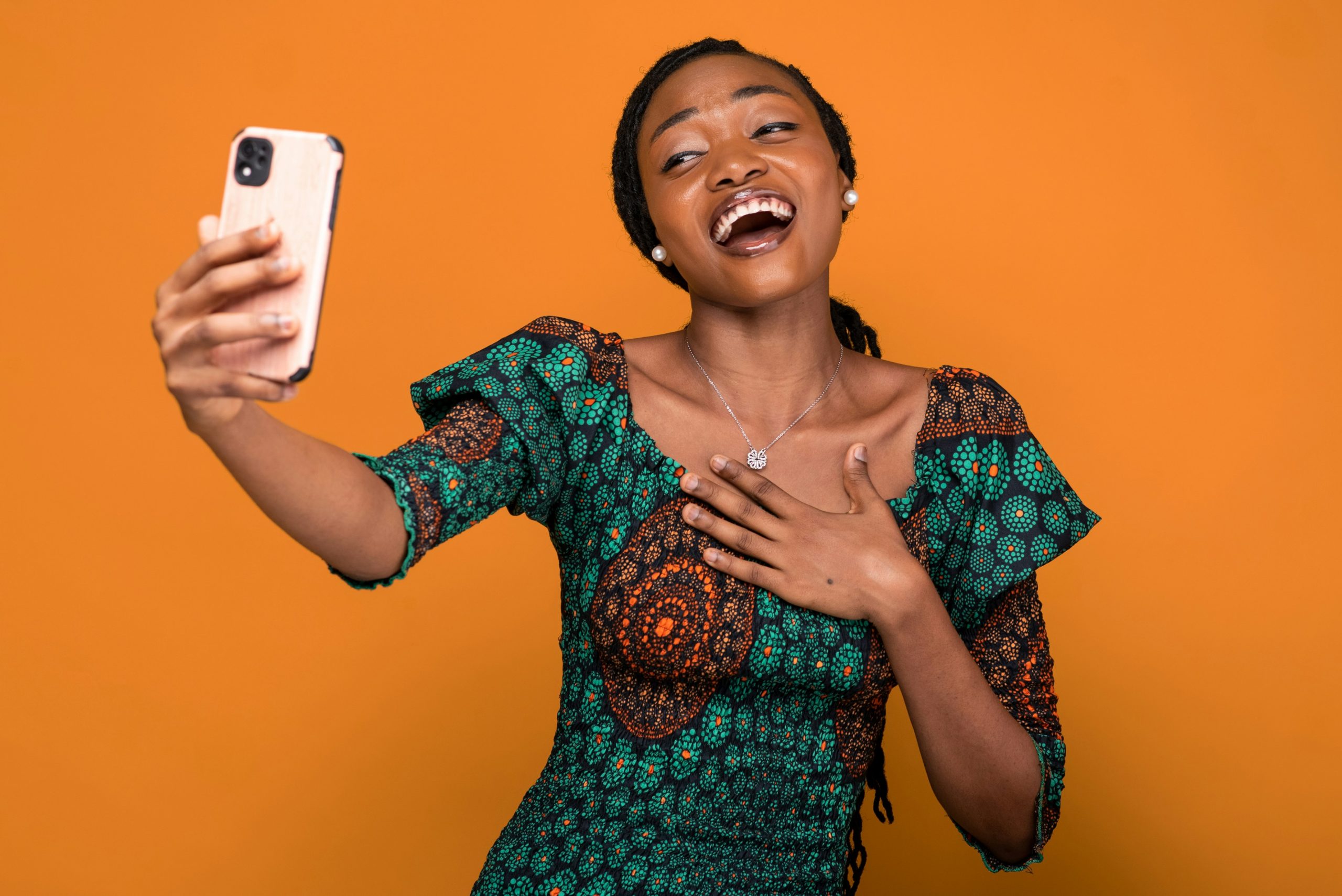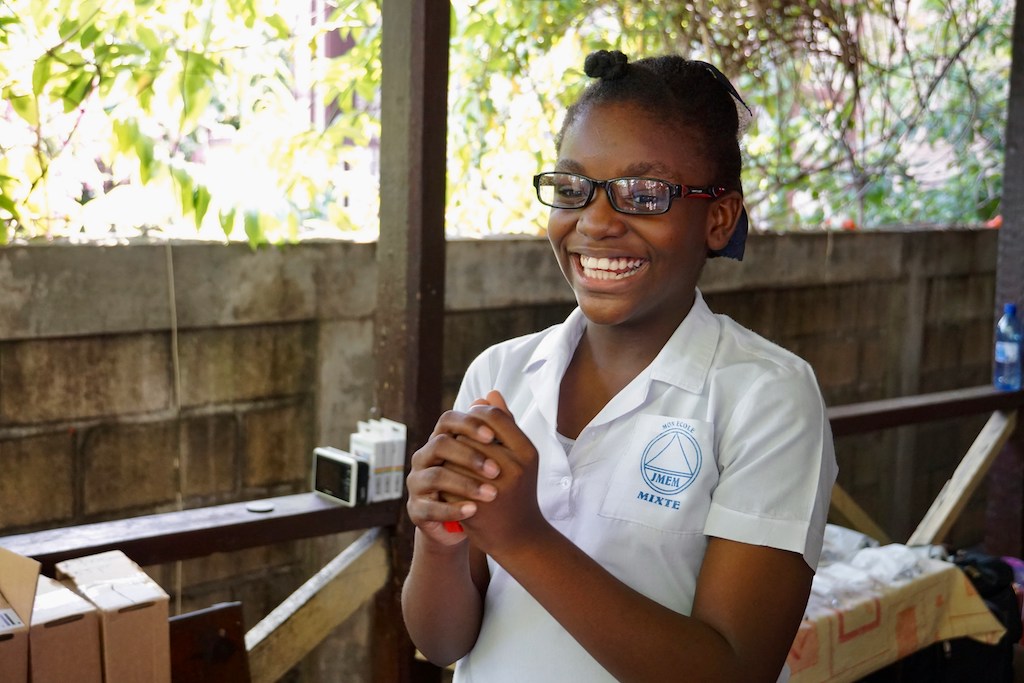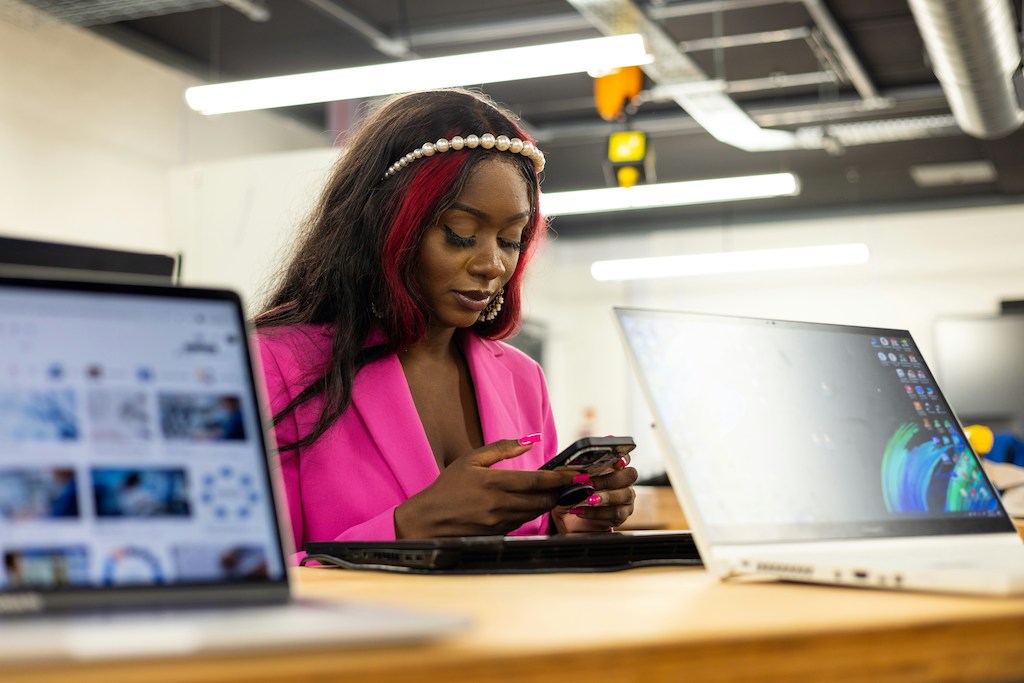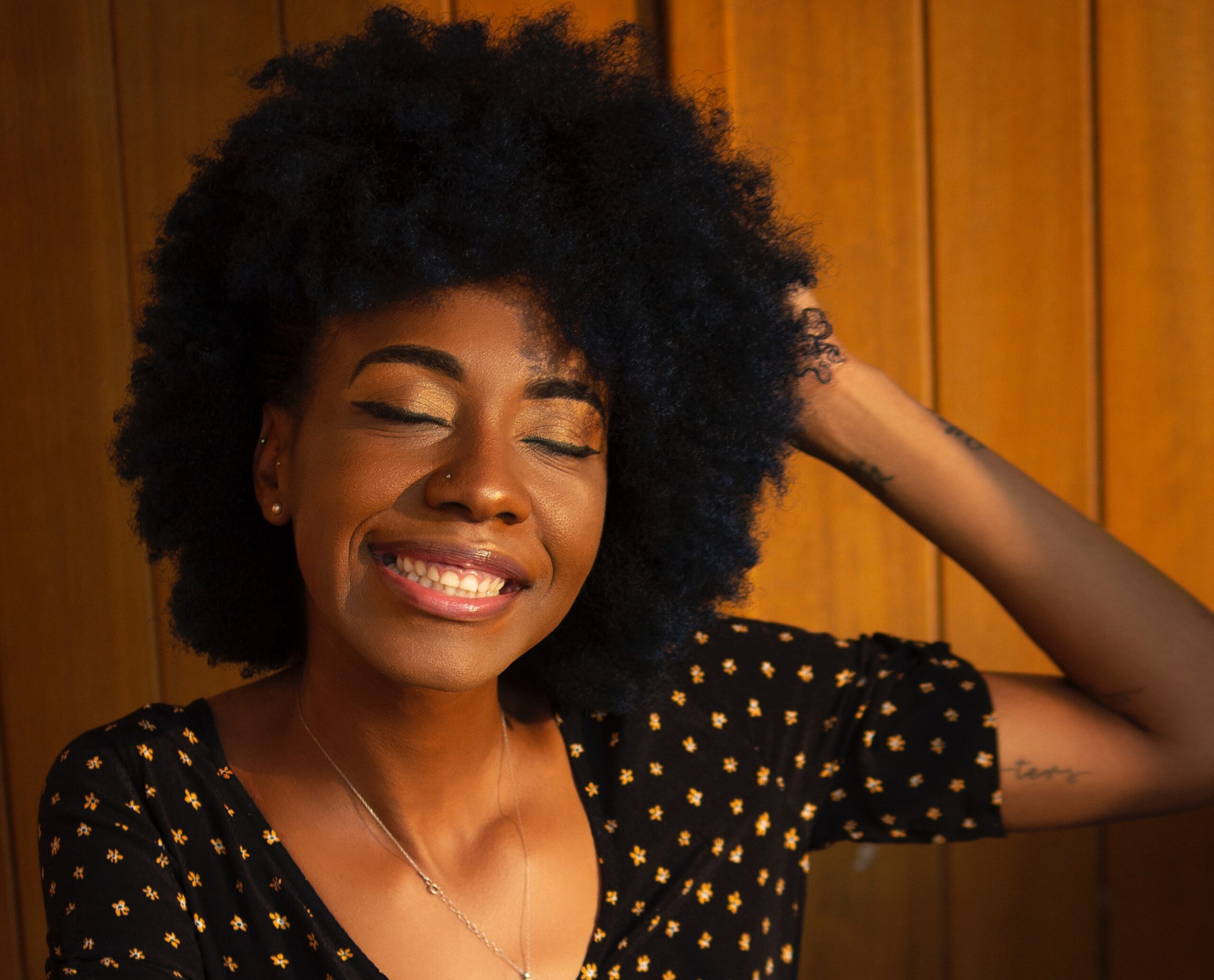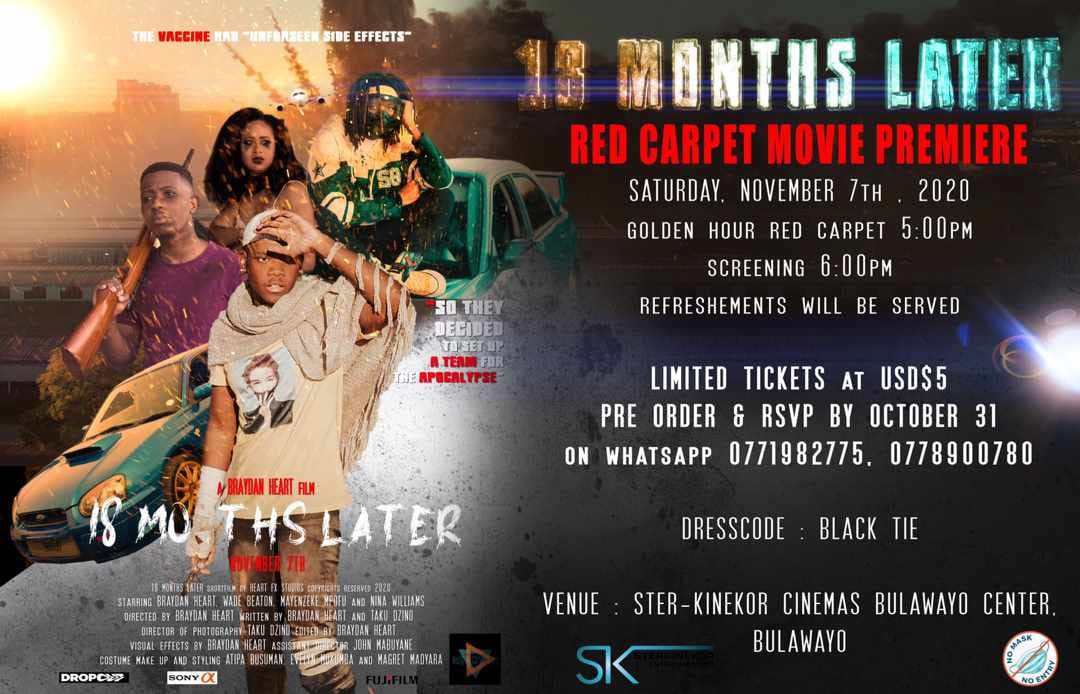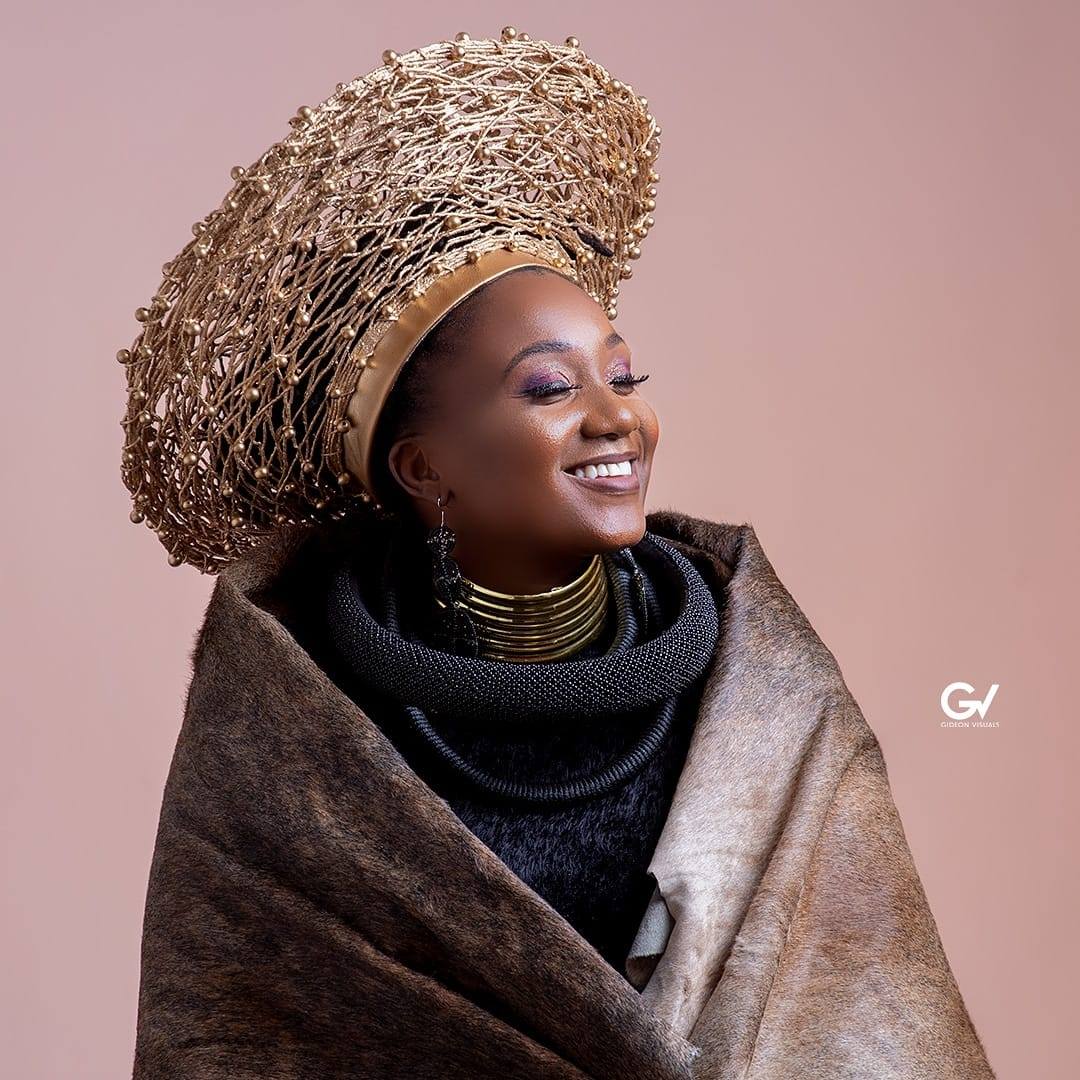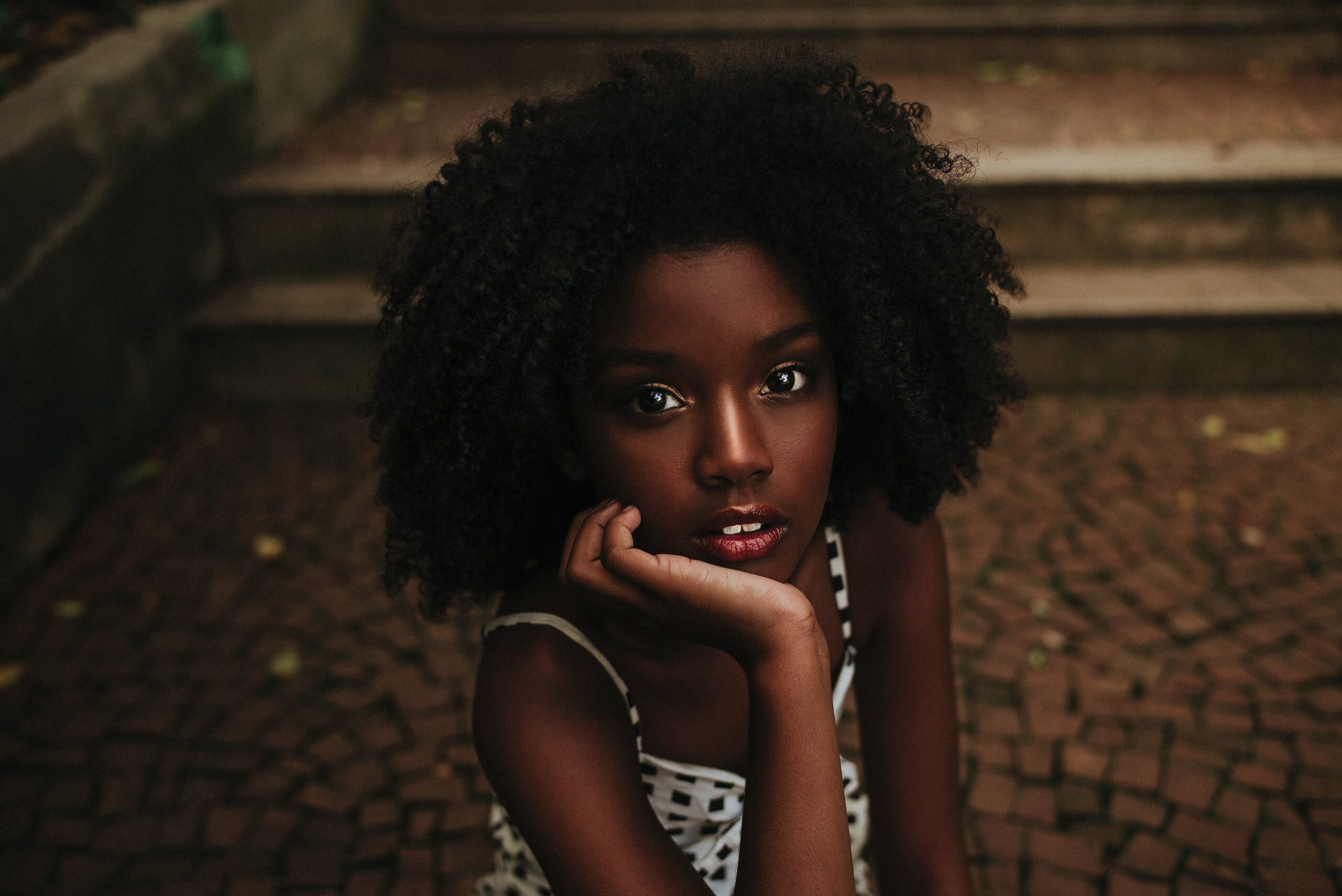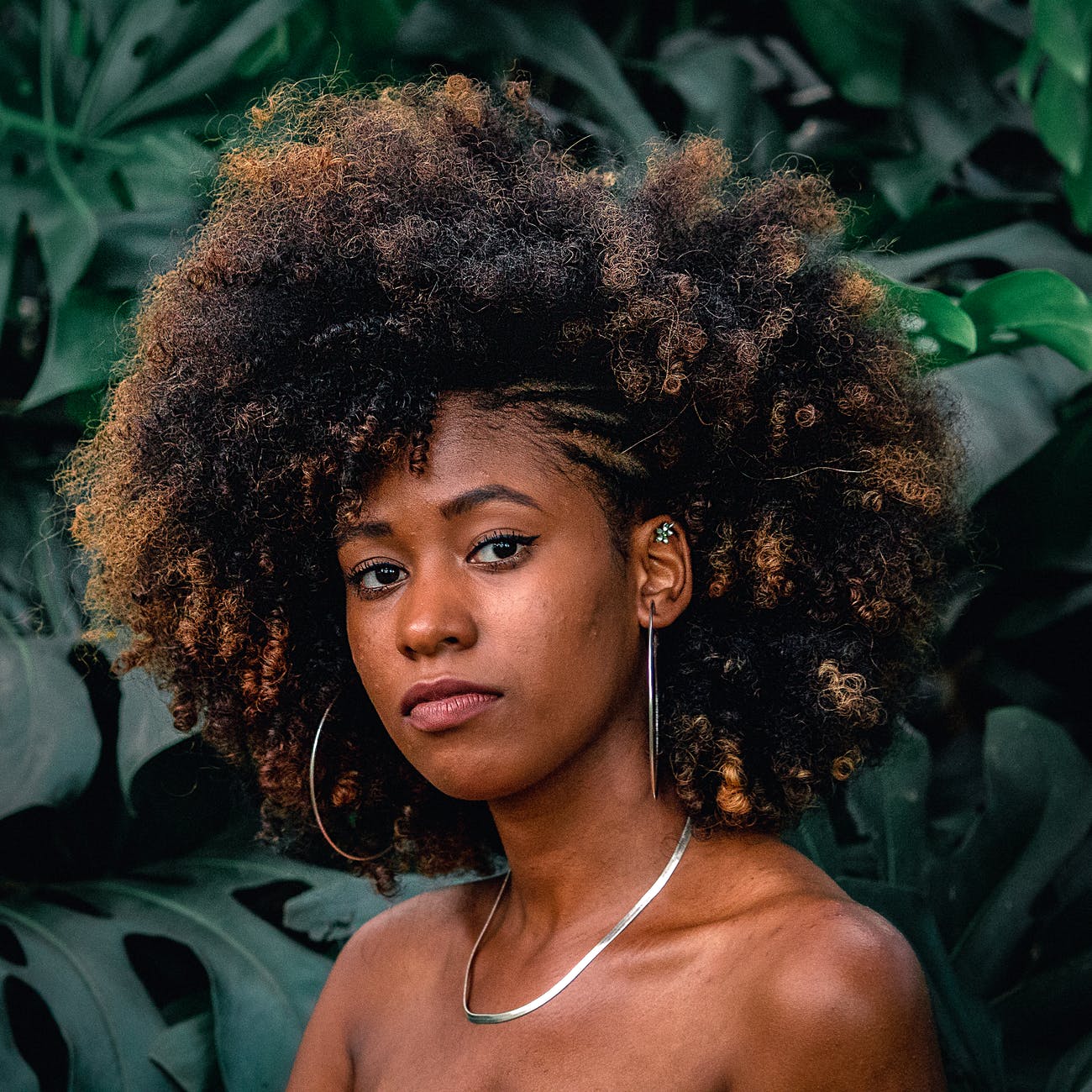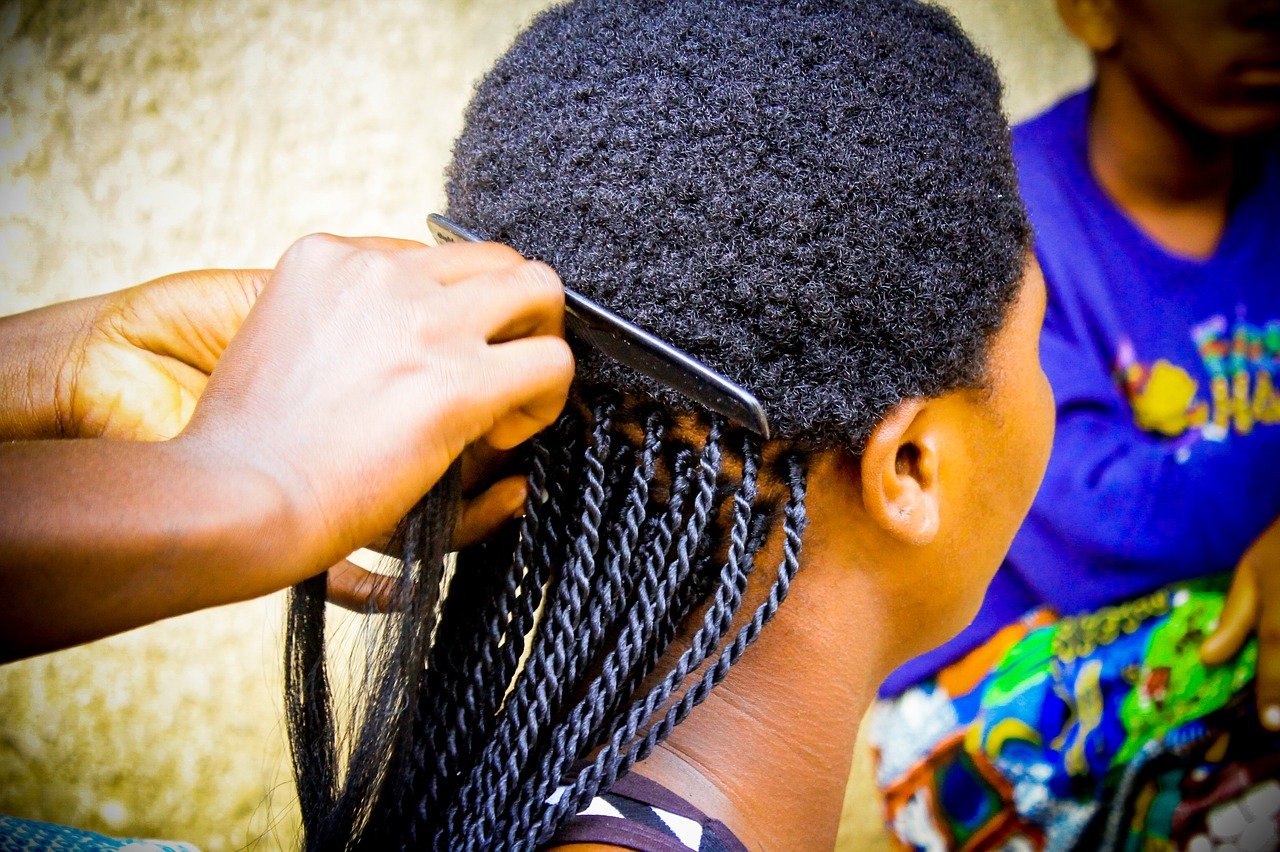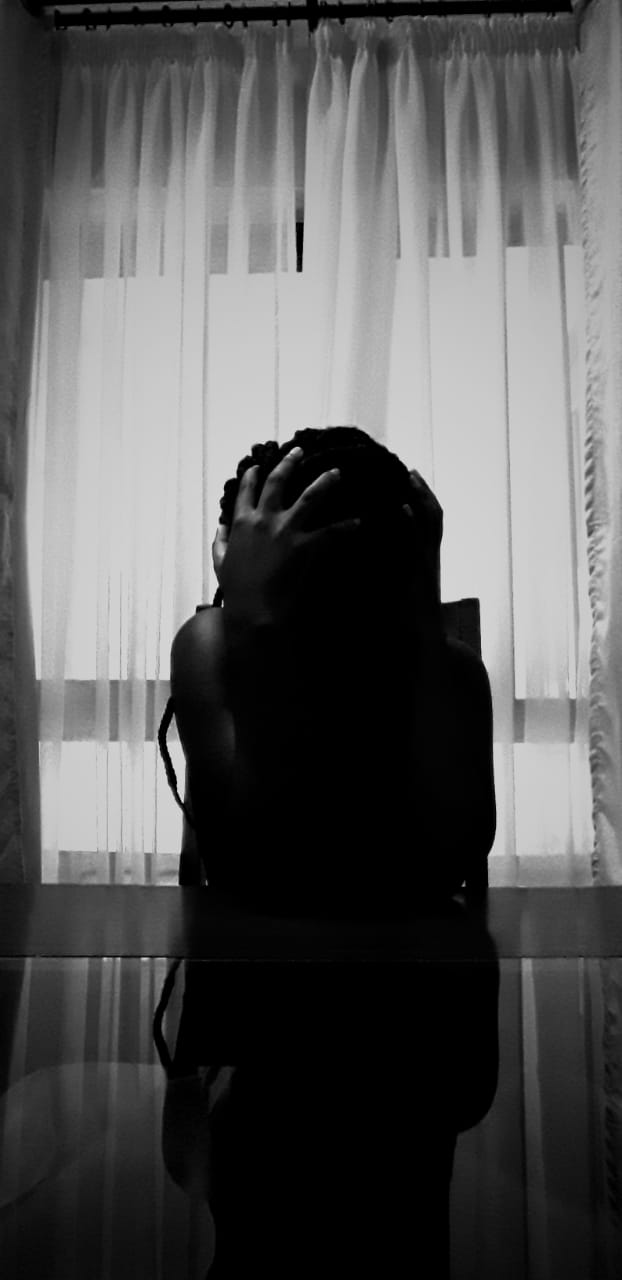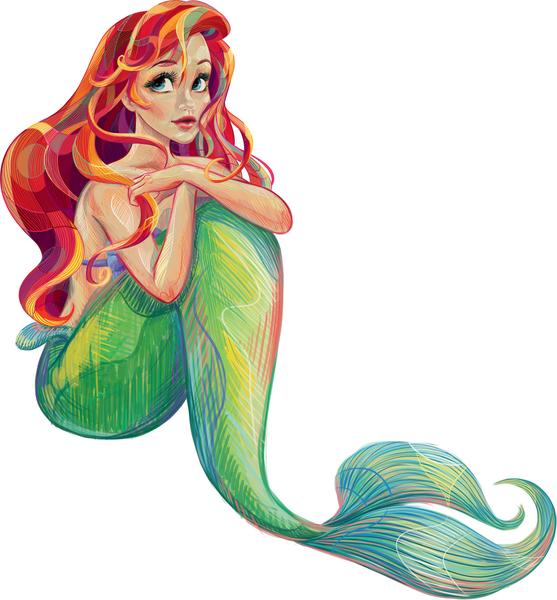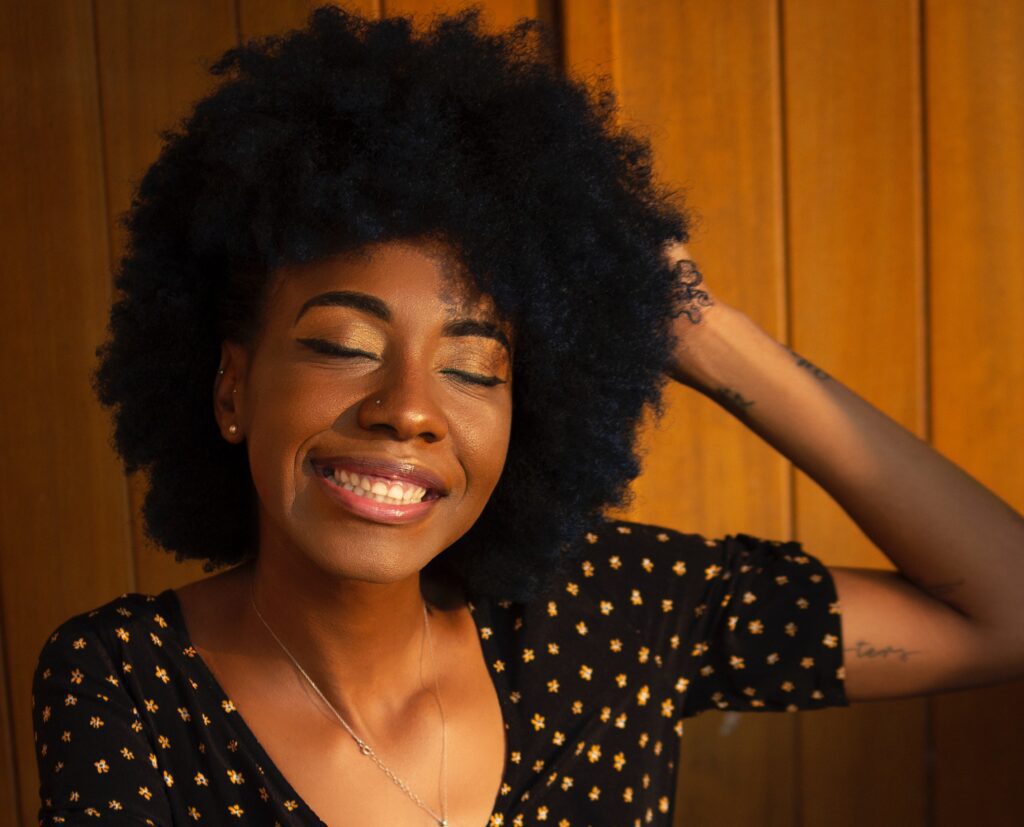
By Zoleka Mazibuko and Nicole E. Sibanda
Recently, the US House Of Representatives passed the #CROWNAct to criminalise natural hair discrimination country wide. Although not officially operative, with celebs like Tracee Ellis Ross using their voices to promote the bill, it’s only a matter of time before that happens. I was excited, until I remembered it’s 2020, in Africa, and we’re still fighting workplace and school policies that discriminate natural hair. Natural hair discrimination? IN AFRICA? When I was disciplined for my Afro in high school, I had to open Google Maps to check if I’m on the right continent.
Yes, natural hair care is like an intricate ritual to summon the ancient spirit of good hair. Yes, people ask me, “wow, how are your arms so toned, you must always be at gym” and I’m like haha yeah, I joined this gym called Combing An Afro. Yes, I can’t have romantic movie moments because each time bae tries to run his hands through my hair, he finds 50 knots the size of a cat. Yes, I am constantly asked, “Wow how did you get your hair so curly?” Water, Janet, it’s water. But I love my hair, and we cannot keep allowing racist hair policies to exist in Africa.
Desmond-Harris’ response to “hair-ism” was powerful: “It’s rooted in the idea that what works for white people is normal and ideal and should be approximated by everyone. Aka white supremacy. Aka racism.” When I vented to my white art about the school admin disciplining me for my hair, she said it’s the rules and rules must be obeyed. She laughed and said otherwise I’ll look like Michael Jackson, ridiculing and reducing my hair into a cheap performance and comical costume. Just because it’s a rule doesn’t mean it’s not arbitrary or racist. When even neat afro puffs were banned no matter how neat—the African equivalent of a ponytail—I wondered if the problem was “untidy” hair or just African hair.
Why does my hair have to be a politicised act of punishable resistance?
Why should my existence as I am, be politicised?
What is so radical about it?
Remember the recent Clicks scandal where Caucasian hair was labelled “fine” and “normal” on their website while natural hair was labelled “dry and damaged” and “frizzy and dull”? Their advert for “professional” hair showing straight, wavy and type 3 hair, implying type 4 hair is unprofessional. In high school we had a match with Peter House and the girls had braids awkwardly chopped at their shoulders because of new rules (I was thinking, the only New Rules I like are by Dua Lipa) yet some white students had hair up to their waists. Zimbabwean missionary schools expect ALL black students to be bald.
Remember the Girls’ College hair scandal where the admin was discriminating afros? I know a girl expelled from BAHS for refusing to cut her dreadlocks. There’ve been cases where teachers cut a student’s “too long” hair with dull paper scissors, without consulting the parents. Girls flaunting their African heritage on their heads told their hair is long enough to be relaxed, instead of being in “that nappy” state. Even black boys across all Zimbabwean schools are banned from growing their hair longer than a brush cut, or least a short fade, while white students aren’t.
Natural hair discrimination in Africa is so widespread that in 2016, South African students held protests to wear their natural hair at school, after which they were threatened to be arrested. Young girls were chased from school for having braids. “Hairism” is as discriminatory as colourism, schools/employers don’t see the harm because coily hair can be chemically straightened, but it should be a choice. It’s as ridiculous as asking people with naturally straight hair to perm their hair against their will, which is unheard of. Being told to relax your hair is like saying bleach your skin, a direct result of colonisation.
Our hair is constantly labelled “unprofessional” and unkempt in the corporate world; everything from an afro puff, to gorgeous chunky twists, bantu knots and even locks, no matter how neat. Consequently, naturals are rejected by potential employers, fired, students disciplined or have their hair butchered by teachers, not because of lacking experience, poor work ethic or misconduct, but because of hair naturally growing from their scalps. Women resort to buying weaves and wigs, shaving or relaxing their hair, and men shave their hair and locks to keep their jobs or be considered professional at interviews.
It’s only acceptable when straightened—which is like forcing a square into circle-shaped hole. Our hair is meant to be big; it is meant to be coily. The fact that when you straighten it on a humid day it goes like, “yeyi wena” and shrinks back to coils proves that it’s meant to be coily. When you straighten it every day, it breaks, weeping tears of split ends. When you constantly keep it in a weave, your hairline says, “aight, imma head out” packs its bags and moves to its new home in the middle of your head. When we try to change our hair, it resists. It fights back because it’s meant to grow that way.
It’s based on the idea that we must aspire for whiteness: light skin, straight hair, because those are “normal” and anything outside of it is unruly, ugly and unprofessional. But bro, if my hair which naturally grows out of my scalp is unprofessional, we might as well say your nose is unprofessional. Cut off your arms, they are unprofessional. You are too tall, trim your legs. Your blue eyes are unprofessional, wear brown contact lenses. Do you hear how dumb y’all sound when you berate Africans for being naturally African? Hair is a part of us. When we’re told to cut it, we’re being told to self-mutilate.
Society is constantly policing black bodies. Your skin is too dark, avoid the sun and bleach. Don’t speak too loudly, it’s ghetto, be seen not heard. When a policeperson stops your car, stay still and don’t talk back, or you will be shot. Speak only English at school because African languages are ghetto, hide your blackness by only speaking Ndebele at home. When white neighbours call the cops because they thought a black man walking in a hoodie was a thief or drug dealer, shows our very existence is criminalised. My dad’s white neighbour once berated him for hooting once to let us know he had arrived, yet she’s never attacked her white neighbours for it; essentially saying as a black person in a white complex, be as invisible as possible, your existence here is a privilege so stay in line.
In primary school we were banned from playing umamtshayana (the African version of dodgeball) at home-time because “it’s a ghetto sport played in townships”; essentially saying sports are okay unless they’re African. White supremacist culture strives mission to discipline blackness, expecting us to fold ourselves and mutilate as much of our identity as possible until we are caricatures of racial expectations which can never be reached.
Imagine calling African hair unprofessional in its own continent; like, where did you get the audacity? Did you purchase it online? Is it crack, is it crack you’re on? Are you high on Cecil Rhodes’ boxers to be thinking like this? Our acceptance of Black hair is conditional: It’s only okay if it behaves itself. Be yourself… but not like that! Love yourself the way you are! Unless you’re African! This policing of black bodies needs to stop.
If USA can pass the #CROWNAct, then so can Africa. “You need to do something about your hair”, you’re right, let me moisturize it so it’s even curlier, then let me do something about your ignorant face—like slap the racism out of it. Our hair defies gravity, it rises against it—almost a reminder that we must rise against society which holds back our existence in our natural state, that black people are destined to reach heights as great as our afros.

